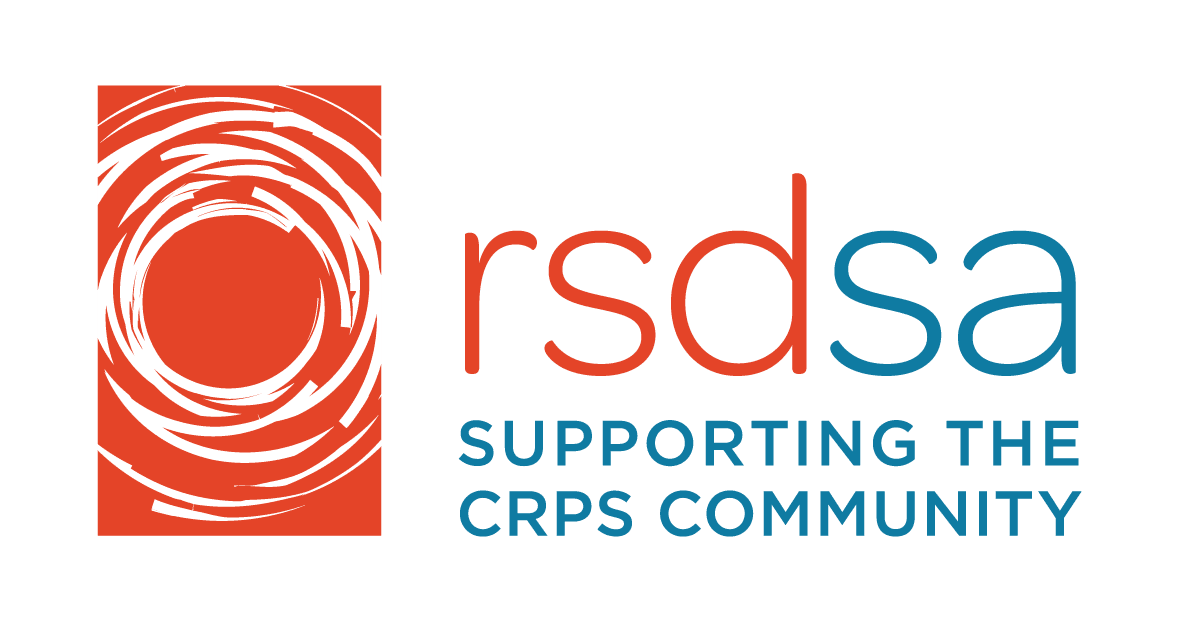Even RSDSA will be using patient data to identify potential CRPS patients. Moreover, your patient data, called Personal Health Information, or PHI, and Personally Identifiable Information, or PII, is analyzed by your insurer, accountable care organizations, integrated care organizations and many others outside of your physician’s office.
By James Doulgeris, Chairman, RSDSA Advisory Committee
You probably have heard of HIPAA (The Health Insurance Portability and Accountability Act of 1996) and believe that your personal health data is between you and your doctor. It is, and it is not because many people have access to it in many ways.
But why doesn’t HIPAA protect your health information? Because you have approved its use for specific purposes. Remember all those insurance and physician office forms you signed? They include approval as a condition of your care or insurance, and for good reason. Health data analytics and population health management play an essential role in providing efficient and effective healthcare for us all. Without them, epidemics like COVID would have been far more deadly and treatments and cures for many diseases would not be available.
Your information is safe. Every person having access to PHI and PII must be certified and pass a federally administered exam each year to keep that certification. There are strict rules in place to keep your, and everyone’s data secure.
How would I know? I held such a certification for years and was responsible for both PHI and PII for over 275,000 patients. Our site was secure. Our systems were protected by the latest anti-viral and anti-hacking software. Data never left the building. Everyone who had access was fully trained, background checked and certified. It was a strict requirement to receive the data and we were audited regularly as is any organization with access to such information.
With the RSDSA CRPS project, we will not have access to any patient information unless the patient gives express approval to allow us to have it, and that will be to assist them after they have been diagnosed and need our assistance.
To learn more about big data in healthcare, the National Institutes of Health has published an excellent briefing.
Educational articles and updates are provided as a service of your RSDSA Advocacy Committee
Interested in volunteering as a member of the Advocacy Committee? Its as simple as emailing us at [email protected] to learn more. Or you can support us with a monthly gift. Just click here.
RSDSA receives no governmental support. We are totally reliant on donations from the CRPS community and from our fundraising events. Thank you for your kind consideration.
